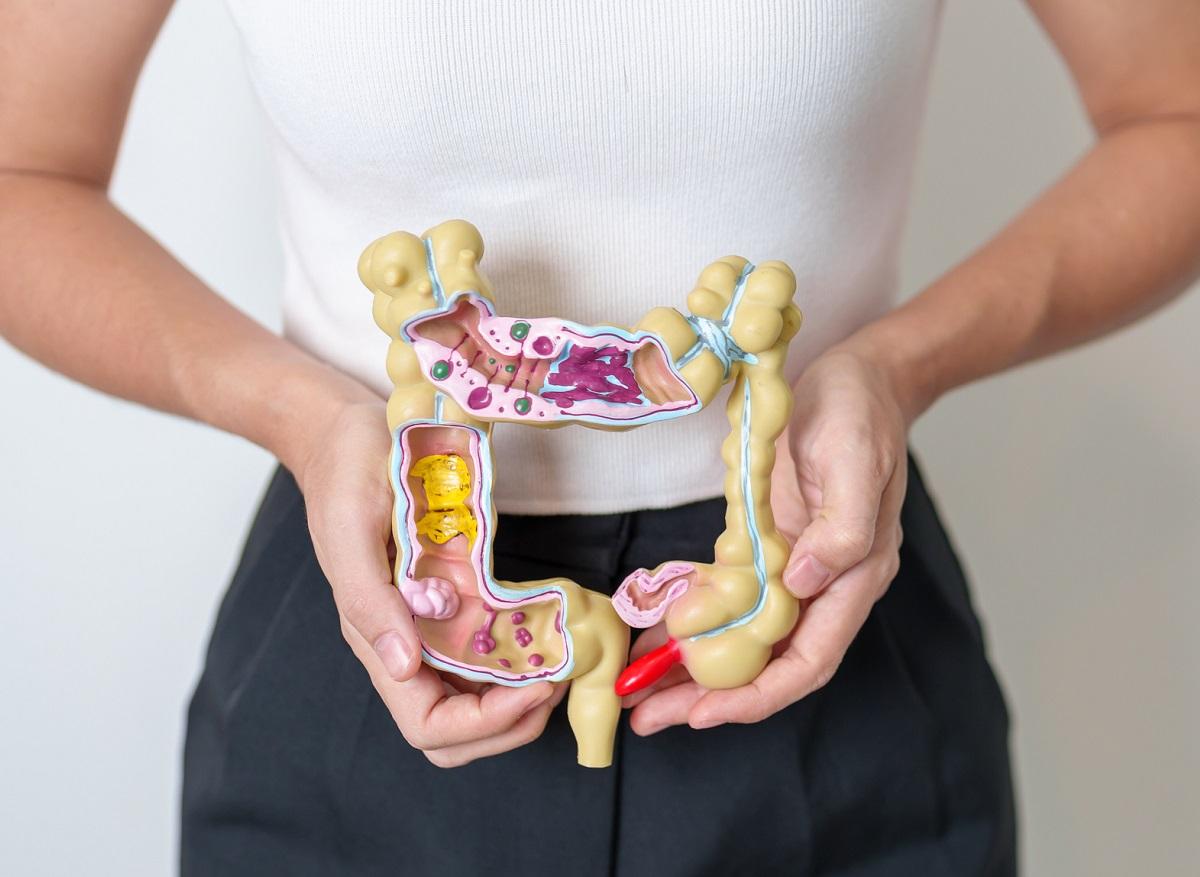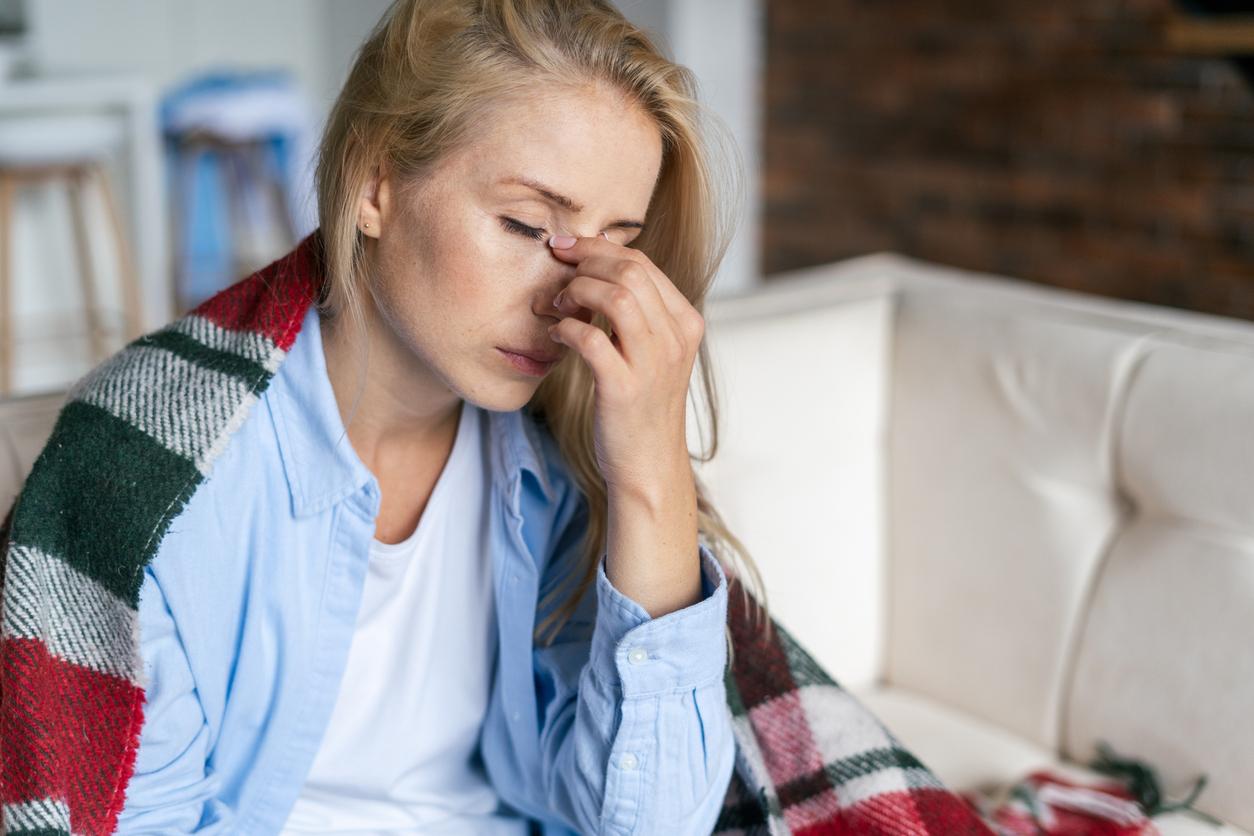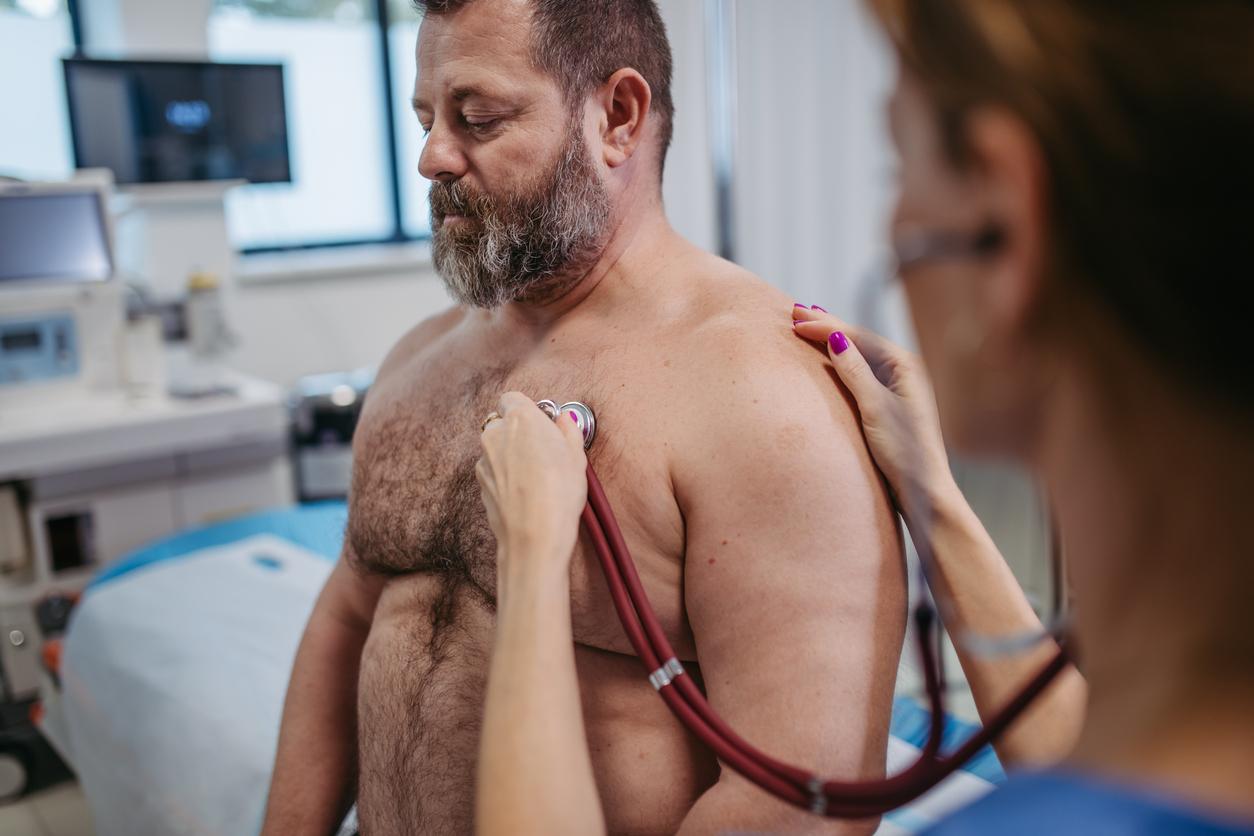This is why we have stomach aches so often.

- 85% of French people say they regularly have stomach pain.
- Why doctor tells you 11 possible causes of this problem.
- In the event of a stomach ache, especially when it is very acute and/or recurring, it is best to consult a doctor quickly and limit self-medication.
While 85% of French people say they regularly have stomach aches, here is a small (non-exhaustive) list of potential causes of this oh-so-unpleasant condition.
85% of French people have a stomach ache
According to a new barometer OpinionWay/DIJO, Stomach aches are a recurring problem among the French. In 2023, they affect 85% of us occasionally or regularly, with nearly 4 in 10 French people (36%) being subject to them one or several days per month and 1 in 10 French people on a weekly basis (12% ).
On the front line of this problem: women. “In fact, 65% of French women under 35 regularly experience stomach aches (compared to 36% of women aged 35 and over)”, specify the authors of the survey.
Why do we have stomach aches so often?
What could be the origins of these concerns? The first possible causes of a one-off or recurring stomach ache are constipation and the significant presence of air in the intestines, the latter being generally caused by eating food too quickly.
Stomach pain can also be explained in women by the arrival of painful periods or more or less severe forms of endometriosis.
Other chronic pathologies causing significant stomach aches in both sexes are IBD (inflammatory bowel disease), the best known forms of which are Crohn’s disease and ulcerative colitis.
More occasional, diarrhea resulting from food poisoning can also cause acute stomach aches, just like gastroenteritis or even an attack of appendicitis.
Finally, a stomach ache can also be a symptom of colon or pancreatic cancer.
What to do if you have a stomach ache?
In the event of a stomach ache, especially when it is very acute and/or recurring, it is best to consult a doctor quickly and limit self-medication.
“The French act for the well-being of their stomach by using various solutions. However, it is necessary to remember that stomach health requires a preventive approach and not necessarily curative. This is about not falling into the vicious circle of repetitive taking of medications which provide relief but which often aggravate the origin of the problem: a lack of good bacteria which unbalances our microbiota”, completes in conclusion Lisa Souloy, co-founder of DIJO.


















